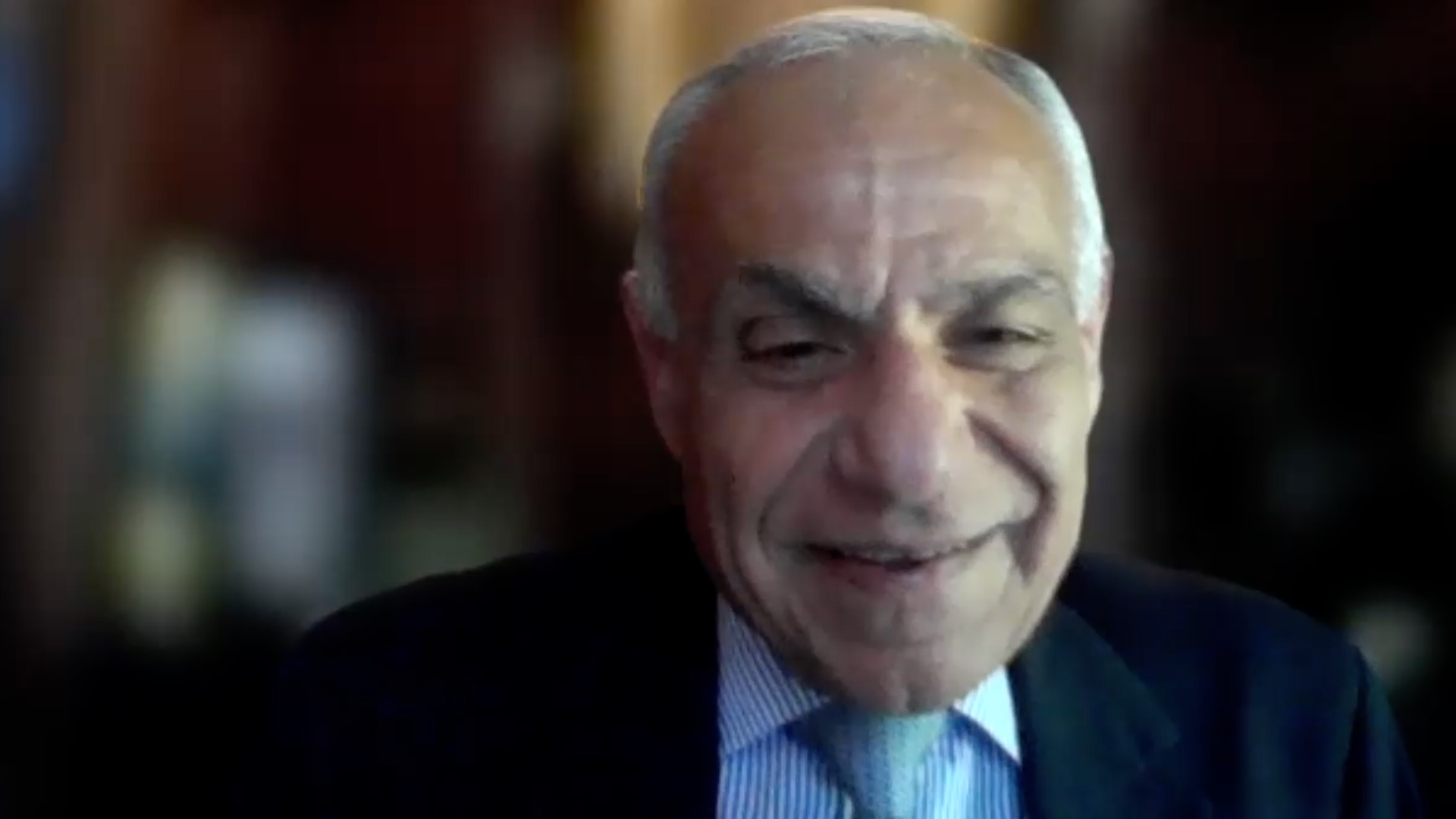Mark Packer, ASCRS 2023: artificial intelligence in cataract surgery
Artificial intelligence has huge potential to help cataract surgeons in the area of patient selection. Dr Mark Packer (Packer Research Associates, Inc., Boulder, CA, USA) gave us his insight into how machine learning can be applied in cataract treatment, to improve patient outcomes.
The presentation entitled ‘Predicting Vision Outcomes in Cataract Surgery with Machine Learning’ was presented at the American Society of Cataract and Refractive Surgery, 5–8 May, 2023.
Questions:
- How can artificial intelligence assist with cataract surgery? (0:58)
Disclosures: Mark Packer has nothing to disclose in relation to this video interview.
Support: Interview and filming supported by Touch Medical Media. Interview conducted by Lisa Glass.
Filmed as a highlight of ASCRS
Access more content on Cataract Surgery here
Transcript
I’m Mark Packer. I’m an ophthalmologist who works as a clinical consultant and medical expert for various members of our ophthalmic industry.
So, I was in private practice for many years up until about twenty twelve, worked as a principal investigator, key opinion leader, etcetera. During that time, publishing and speaking around the world. But over time, I became more and more involved in clinical research, and really enjoyed doing that. And so, that’s primarily what I do now. I’m involved in clinical research projects, really all around the world mostly anterior segment, but really extending from dry eye all the way to more recently retinal diseases.
How can artificial intelligence assist with cataract surgery?
Artificial intelligence can really help us in cataract surgery, particularly in the area of patient selection.
You know when I was in practice and I focused my practice primarily on cataract and refractive surgery. I was always very interested in achieving the highest level of patient status faction that I could. And part of that is selecting the right procedure for the right patient, knowing who is going to do really well with a multifocal intraocular lens, who would be best suited with a toric lens, who might actually be a patient coming in for lasik But turns out, you know, they’re of an age where they’re already presbyopic and maybe presbyopia correcting intraocular lens would really be a better solution.
So, there are all these questions related to patient selection.
And unfortunately, being human, you know, we’re all very prone to using heuristics. Or rules of thumb to decide who’s a good candidate. And often that’s based on our most recent experience, you know, something called the proximity foul. Which means that whatever just happened today. This morning, I had a case where a patient was wildly enthusiastic, you know, about a panoptic lens, let’s just say.
And so, now I think every patient should be wildly enthusiastic, but actually that’s not the truth.
But most surgeons don’t have time to look back over all of their data, all of their results. And see really what types of patients are best suited to which particular IOLs.
Oh, that’s where AI can really help us. So basically, the idea is we’re gonna feed in our results into this, you know, massive robot brain that is gonna help us sort out who did best with what type of lens based on preoperative characteristics, not just biometry like axial length and pornial astigmatism, but also patient preferences and proclivities such as what they do for work, what are their recreational pursuits.
What is their age, demographic, and all these kinds of things. All of that gets fed in.
And then on the back end, we’re going to feed in, you know, information from our health records. So, how they did? You know, what was their post operative refraction at distance and what was their uncorrected visual acuity at near? But perhaps the most important input we can give is some metric related to patient satisfaction.
So, if we can, for example, provide a patient with a questionnaire postoperatively, maybe that’s delivered by an amp.
And they just at home, you know, enter some answers into their smartphone when they have a moment.
They can say, yes, I’m very happy with this lens or Actually, I can no longer drive at night. Now that I have this lens, I’m so troubled by halos. And so this, you know, massive robot brain can take those outcomes and associate them with the preoperative characteristics to ultimately derive some categories or criteria for patient selection and make us more successful in achieving patient satisfaction in a way that, you know, our human brains can really ever do. We just can’t synthesize that level of data, you know, on a day to day basis and optimally predict which patient gonna be most happy with which lens. And so we can hopefully get some help from the machines to do that better.
Subtitles and transcript are autogenerated






